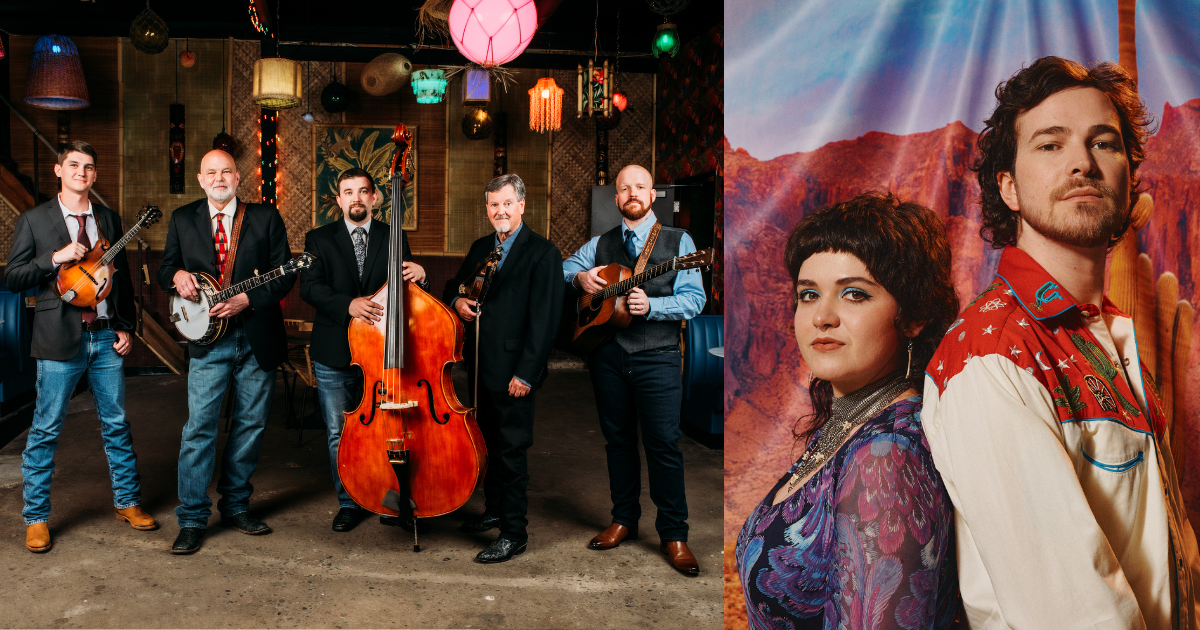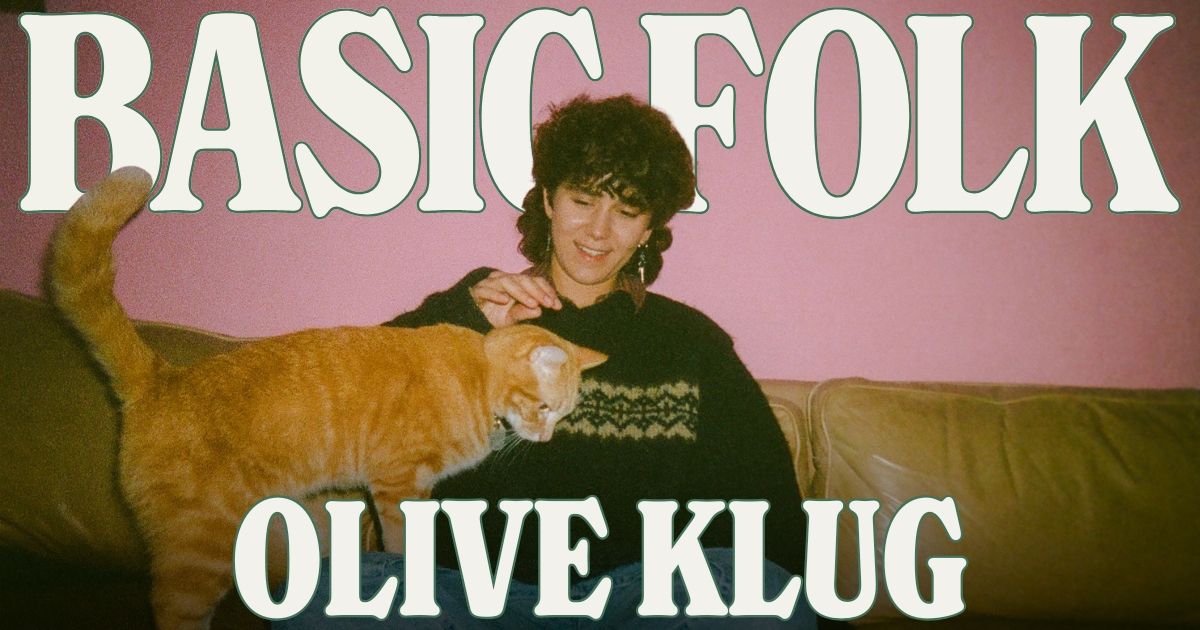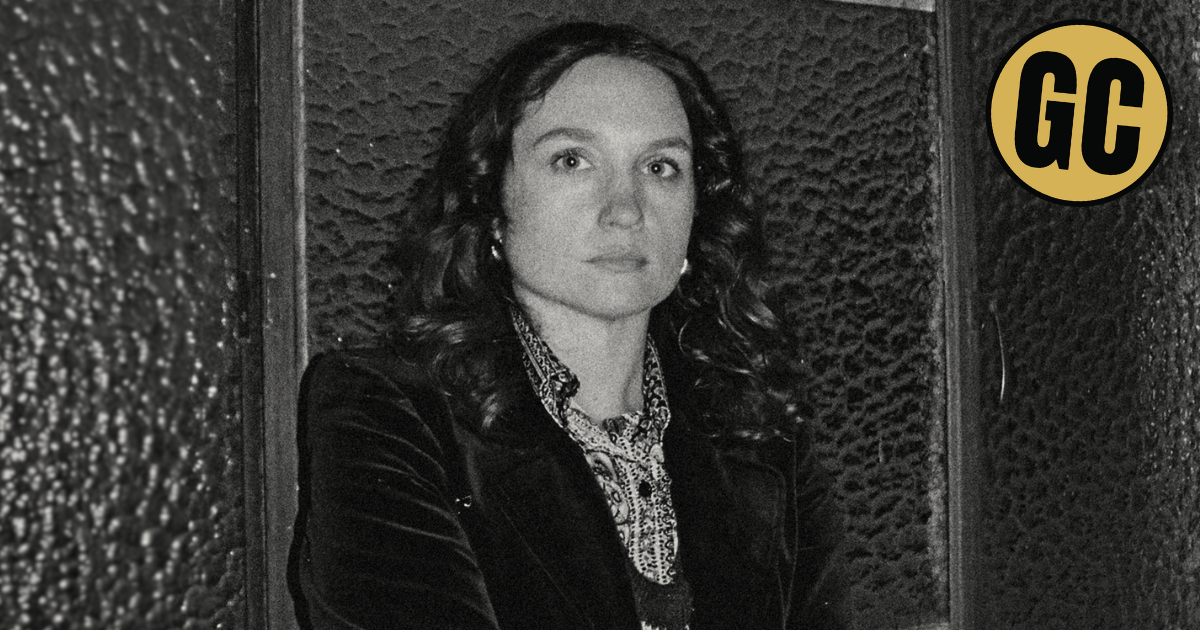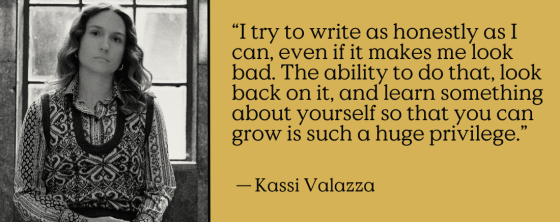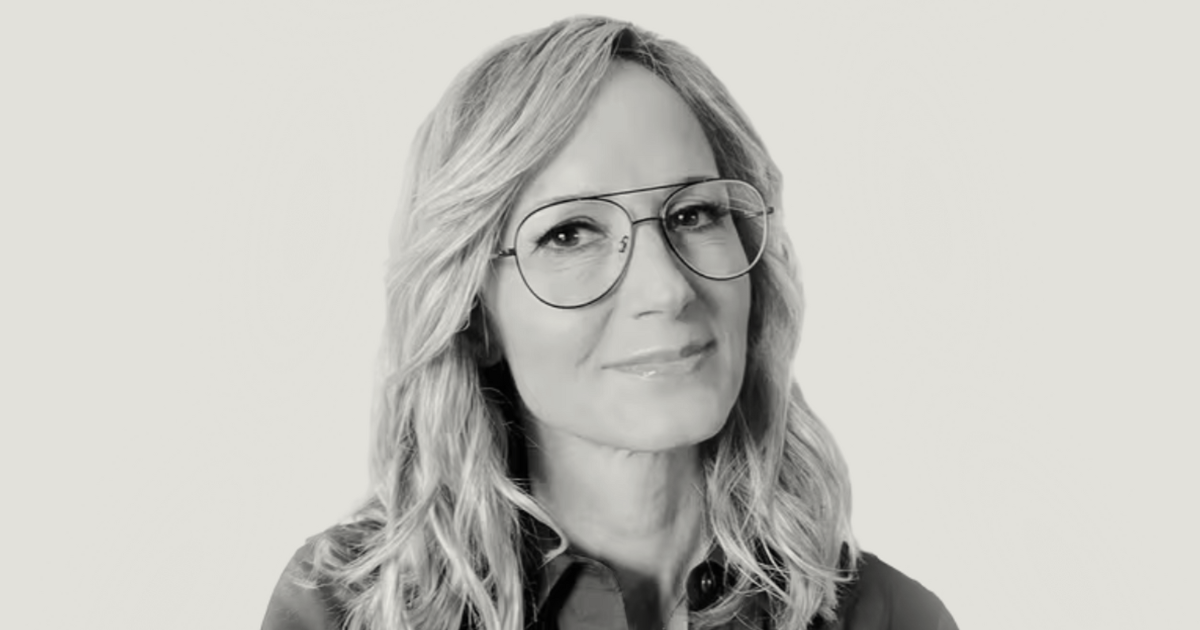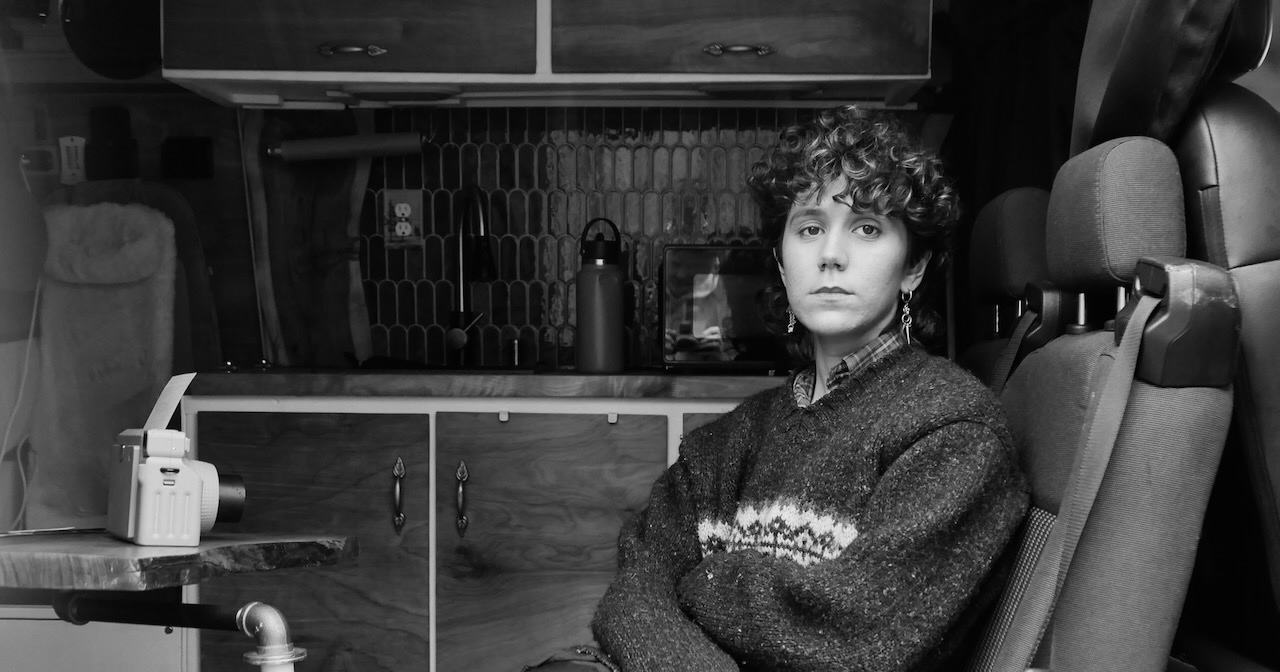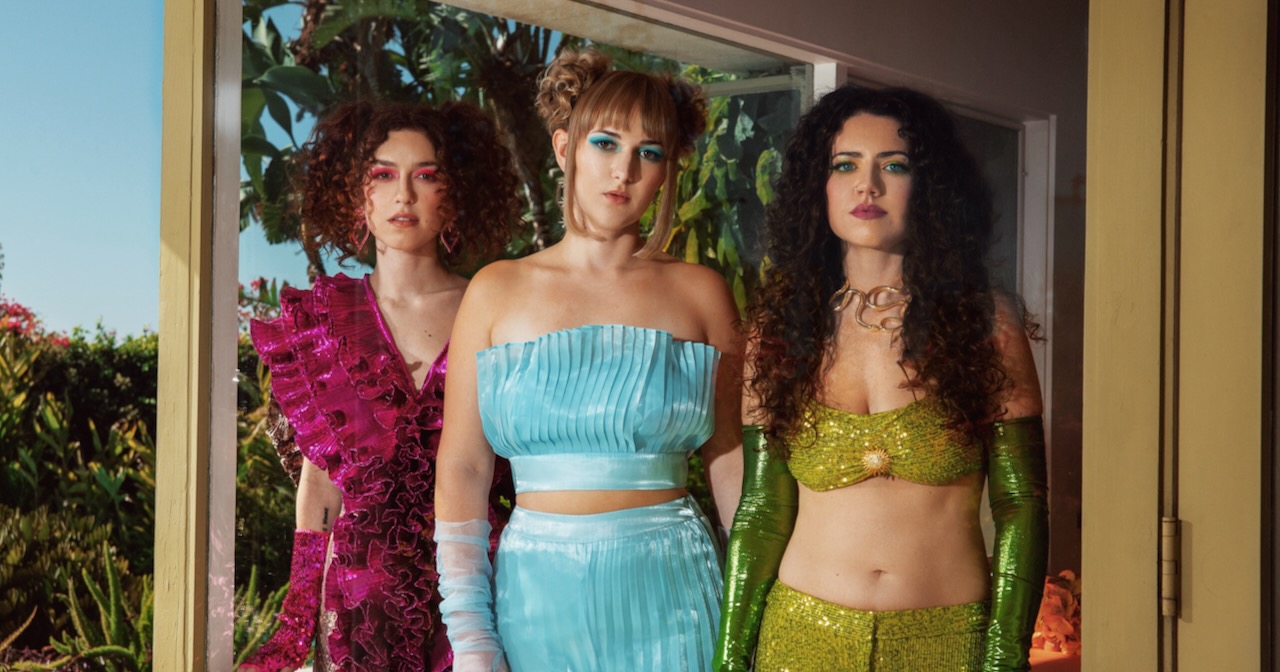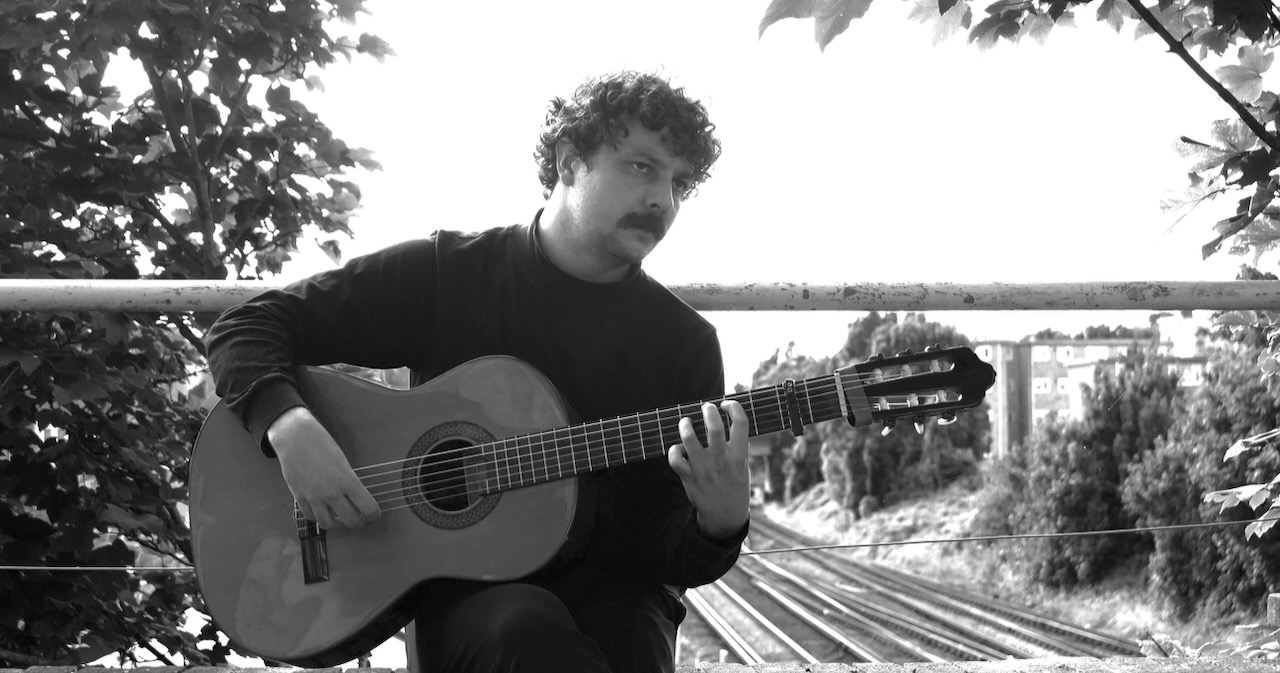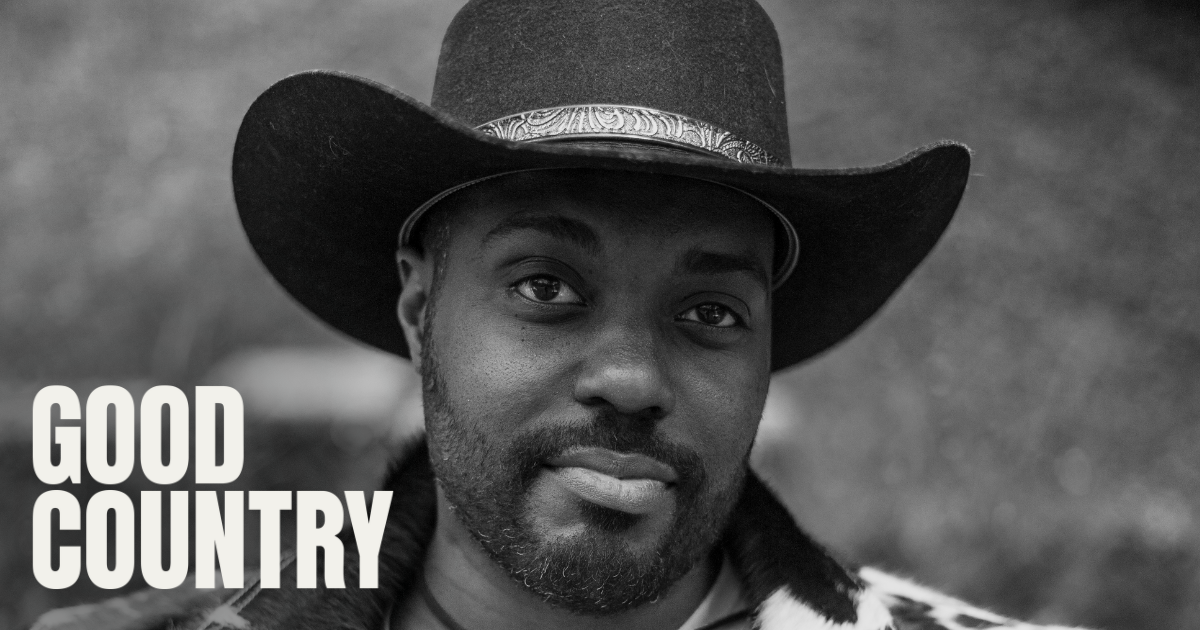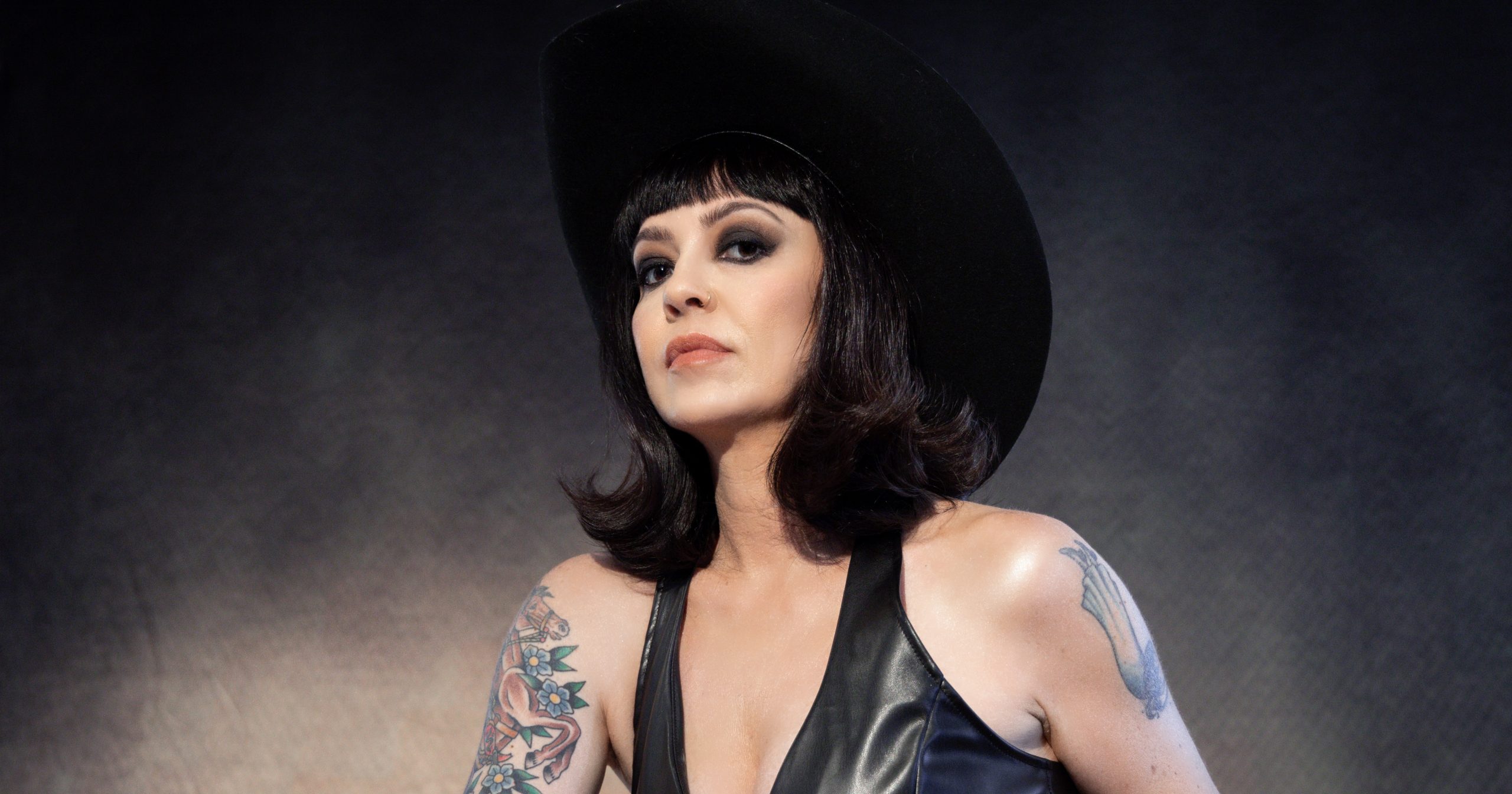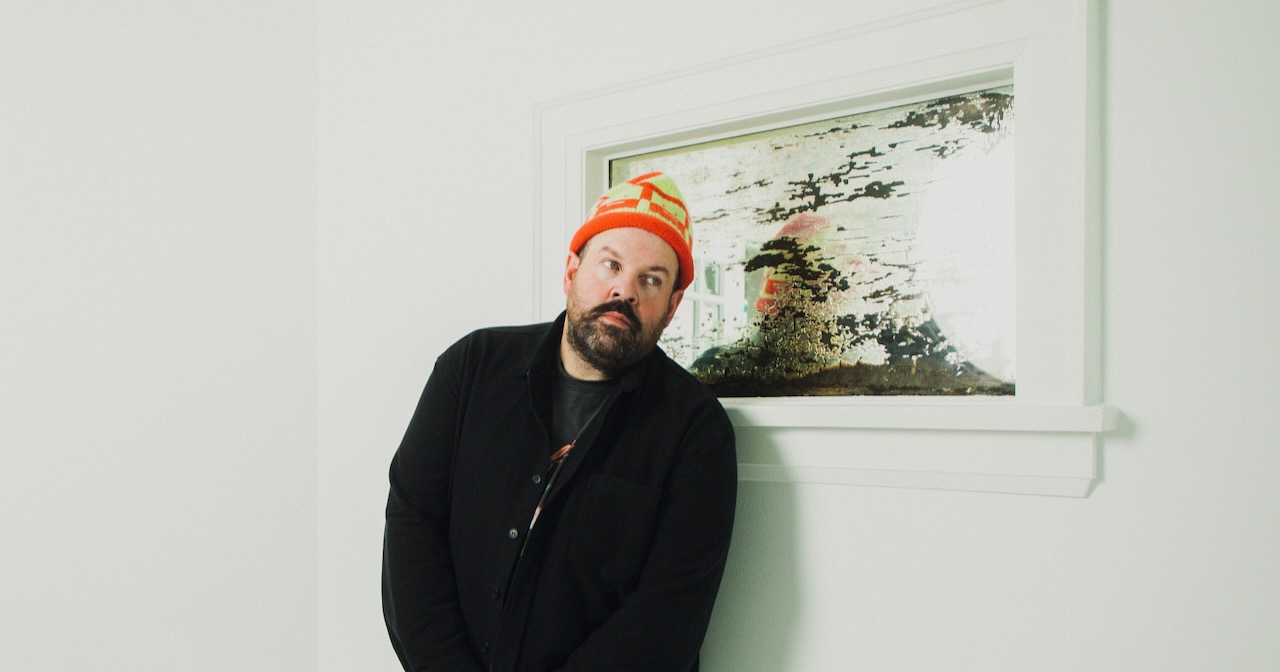You’ve reached the end of the week and we’ve got roots music ready to take you into the weekend. It’s our weekly roundup of new music, new videos, and premieres.
Continuing with our mini-series this week, saxophonist Eddie Barbash returns with yet another excellent performance video of a classic instrumental bluegrass tune on sax. This time, he offers “Clinch Mountain Backstep,” listening to and learning from every instrument in a classic bluegrass five-piece in order to forge his own way through the melody on his outlier of a string band instrument. Also in bluegrass, the long-running and fundamental group Lonesome River Band have unveiled a new single today, “No Business Mountain,” drawing inspiration from near their home turf, down the road in Patrick County, Virginia. It’s a lilting, sunshiny bluegrass song perfect for a two-step.
Americana duo The Prickly Pair have brought us a song from their upcoming self-titled EP. Out next week, you can hear a sneak peek of “Piece of the Sky” today, a vibe-rich retro-sounding song inspired by the infamous story of D. B. Cooper. Plus, Western North Carolina singer-songwriter and Steep Canyon Rangers member Aaron Burdett shares a new single, “Rhyme or Reason.” First conceived and written at a songwriting workshop with Darrell Scott a few years ago, Burdett’s recording of the track comes shortly after he got to share the stage with Scott in Brevard, N.C. A full circle moment right in time for the song’s release.
Singer-songwriter Max Gomez released his latest album, Memory Mountain, in late summer, but lucky for us he’s not done with bringing new content from the project yet. Today he shares a new music video for “New Mexico,” a number that some folks call the unofficial anthem for the state. Which, Gomez is deliberate in sharing with us, is also a point of the song: To remind listeners that New Mexico is indeed a state. Rounding out our collection, Appalachian Americana artist Darrin Hacquard also brings a new music video for “Places I Went,” a song from his brand new album, Weights & Measures, which is out today. It’s a track that interrogates duality and Hacquard describes as a sort of “fucked up gospel song.” But you’ll have to listen and watch to see if you agree.
Up and down the mountains, whether in Virginia, North Carolina, or New Mexico, there’s plenty of excellent roots music for you to enjoy right here on BGS. You Gotta Hear This!
Eddie Barbash, “Clinch Mountain Backstep”
Artist: Eddie Barbash
Hometown: Nashville, Tennessee
Song: “Clinch Mountain Backstep”
Album: Larkspur
Release Date: November 28, 2025 (The album will be released one song at a time with the last track coming out Nov. 28.)
In Their Words: “I enjoy playing fiddle music on saxophone because it feels like an adventure! I have to figure out how to make these tunes sound good on sax, because I have no example to look to. Every instrument in a string band has its own versions of the melodies that are uniquely suited to it. When I adapt a tune for saxophone, I listen to how every instrument plays it and then use the variations that work best for me. If there are any phrases that continue to elude me, I create my own variation that is unique to the saxophone. This process is especially evident with a banjo tune like ‘Clinch Mountain Backstep.'” – Eddie Barbash
(Editor’s Note: Watch the first two videos in our mini-series with Eddie Barbash here and here.)
Aaron Burdett, “Rhyme or Reason”
Artist: Aaron Burdett
Hometown: Saluda, North Carolina
Song: “Rhyme or Reason”
Release Date: October 17, 2025
Label: Organic Records
In Their Words: “The very last thing I did before the COVID pandemic hit in 2020 was to attend one of Darrell Scott’s ‘Songfood’ workshops. ‘Rhyme or Reason’ is a song I wrote over the course of a few days there with about a dozen other songwriters who were doing the same thing. I’d been thinking about the concept on the way, driving from my home in North Carolina over to Nashville, and when Darrell told us to bring a new song back to the group, this is what came up. I remember right where I was when the idea hit, which isn’t uncommon. And then it fleshed out there in that workshop in late February of 2020. As I write this now in September of 2025, I am proud to say I was on stage with Darrell recently singing with him at the Mountain Song Festival in Brevard. Funny how things turn out. And truly that’s what the song is about – appreciating the ride as we move through life and doing the best we can with what we have. Things work out.” – Aaron Burdett
Track Credits:
Aaron Burdett – Lead vocal, acoustic guitar
Kristin Scott Benson – Banjo
Carley Arrowood – Fiddle
Tristan Scroggins – Mandolin
Jon Weisberger – Upright bass
Wendy Hickman – Harmony vocal
Travis Book – Harmony vocal
Max Gomez, “New Mexico”
Artist: Max Gomez
Hometown: Taos, New Mexico
Song: “New Mexico”
Album: Memory Mountain
Release Date: October 17, 2025 (video); August 29, 2025 (album)
In Their Words: “The song is a protest song. What we’re protesting against in the song are our fellow Americans who seem to be unaware at times that my home state, the great state of New Mexico, is in fact one of the 50 that make up our nation. And yes, it’s sort of a tongue-in-cheek approach, but, it’s a real problem no less.
“In the last verse of the song I mean you no disrespect if you happen to be from Kansas or Kansas City, Missouri. Or if you ever worked for the TSA. It’s a true story, it happened to me when I was younger.
“Some folks call it the ‘unofficial state anthem’ of New Mexico. Perhaps one day we’ll find some legislature and crowbar it in the history books.” – Max Gomez
Darrin Hacquard, “Places I Went”
Artist: Darrin Hacquard
Hometown: Hocking Hills, Ohio
Song: “Places I Went”
Album: Weights & Measures
Release Date: October 17, 2025
Label: Like You Mean It Records
In Their Words: “‘Places I Went’ is an anthem of duality, highs and lows. I’ve always thought of this as a fucked up gospel song, riffing on the Christian notions of salvation and eternal life (heaven; ‘the mountaintop’) and the Buddhist conviction that life is suffering and completely impermanent ( ‘the river,’ never the same twice, it all melts away).
“The song also speaks to my mental/social duality – some days I want to live it up and laugh with all of my friends and some days I want to ‘live in a Goddamn cave!’ I have flirted with suicidal and depressive ideations at times, but ultimately want to stick it out to uncover the great mysteries and to sup of that holy chalice of gas station coffee with the radio on a late-night drive. I’m proud of the ‘Jawbreaker x Eagles’ brand of slacker rock we cooked up for this track and I never get tired of hearing Don Rogers’ ferocious Tele solos! The music video is especially dear and personal to me, as it features a pile of friends and family (including my lovely mother) who have been there through my highs and lows and helped me KEEP GOING!” – Darrin Hacquard
Lonesome River Band, “No Business Mountain”
Artist: Lonesome River Band
Hometown: Floyd, Virginia
Song: “No Business Mountain”
Release Date: October 17, 2025
Label: Mountain Home Music Company
In Their Words: “‘No Business Mountain’ is an idea that Barry and Will Hutchens mentioned to me a few years ago. It’s a place the three of us grew up seeing in our youth in eastern Patrick County, Virginia. I guess we all kind of had the thoughts that are portrayed in this song back in the day, but were never able to explore there. Made perfect sense to put what we thought it was like there in a song. We hope you enjoy the story!” – Sammy Shelor
Track Credits:
Sammy Shelor – Banjo, harmony vocal
Jesse Smathers – Acoustic guitar, harmony vocal
Mike Hartgrove – Fiddle
Adam Miller – Mandolin, lead vocal
Kameron Keller – Upright bass
Rod Riley – Electric guitar
The Prickly Pair, “Piece of the Sky”
Artist: The Prickly Pair (Mason Summit & Irene Greene)
Hometown: Nashville, Tennessee
Song: “Piece of the Sky”
Album: The Prickly Pair (EP)
Release Date: October 24, 2025
In Their Words: “I figured that we had things in common based on the first songs we played in [songwriting] class, the first day. We’d never met before [I’d invited him to write together]. Instantly, when Mason came into the room he had this idea. He said, ‘Do you know about D. B. Cooper?’ And I said, ‘No, I’ve never heard of that.’ But he thought it was something I would be interested in. So we looked it up and watched something about it and then we instantly came up with this thought. What would it be like to write a song from his perspective? And it worked really easily. Sometimes writing songs with people is challenging because you’re not on the same wavelength with them. But I felt instantly we had a connection and that we had a lot in common.” – Irene Greene
“The first day of songwriting class, Irene performed a song about Roswell, New Mexico and UFOs, so I thought another unsolved mystery/conspiracy theory might be a good jumping-off point for a co-write.” – Mason Summit
Photo Credit: Lonesome River Band by Sandlin Gaither; The Prickly Pair by Libby Danforth.
